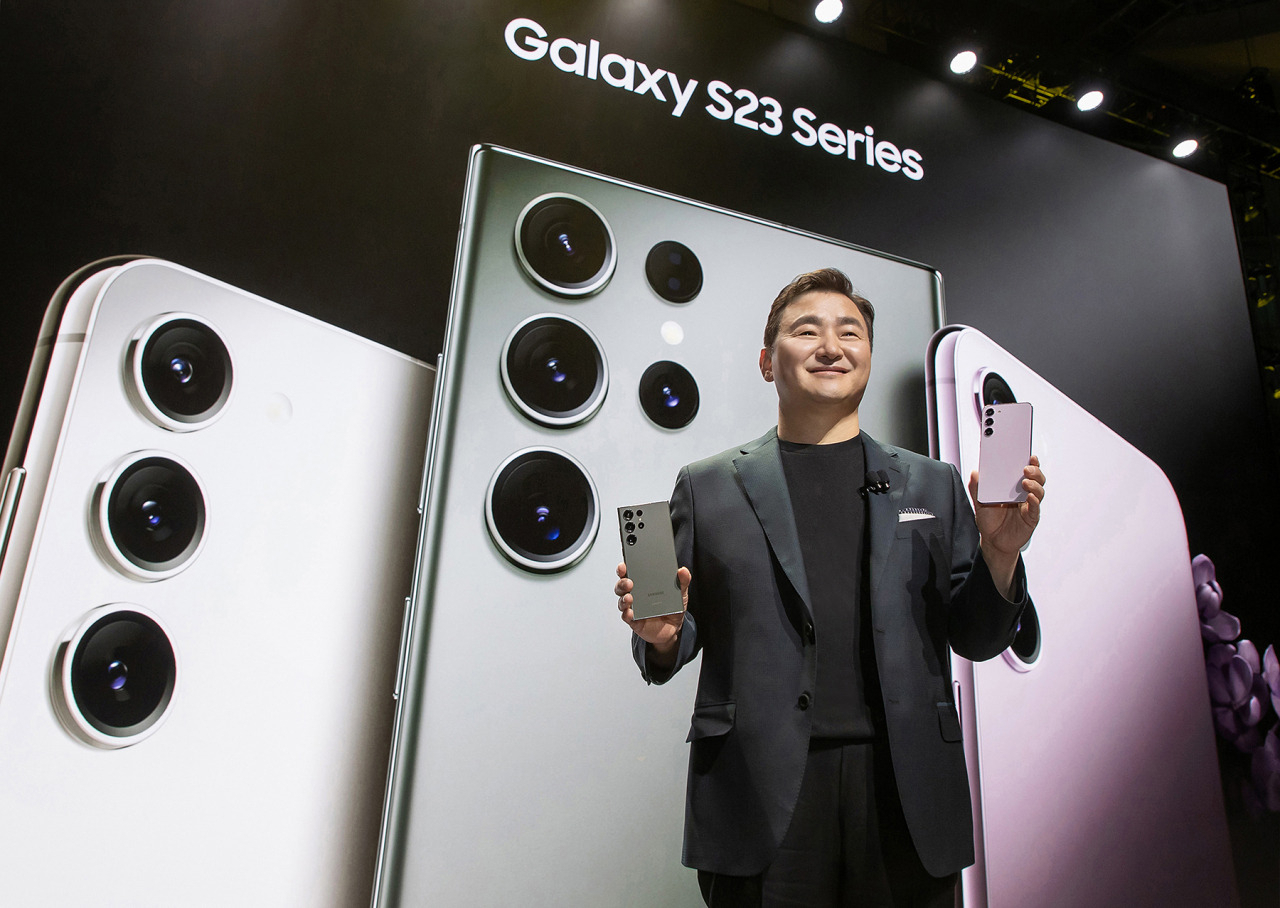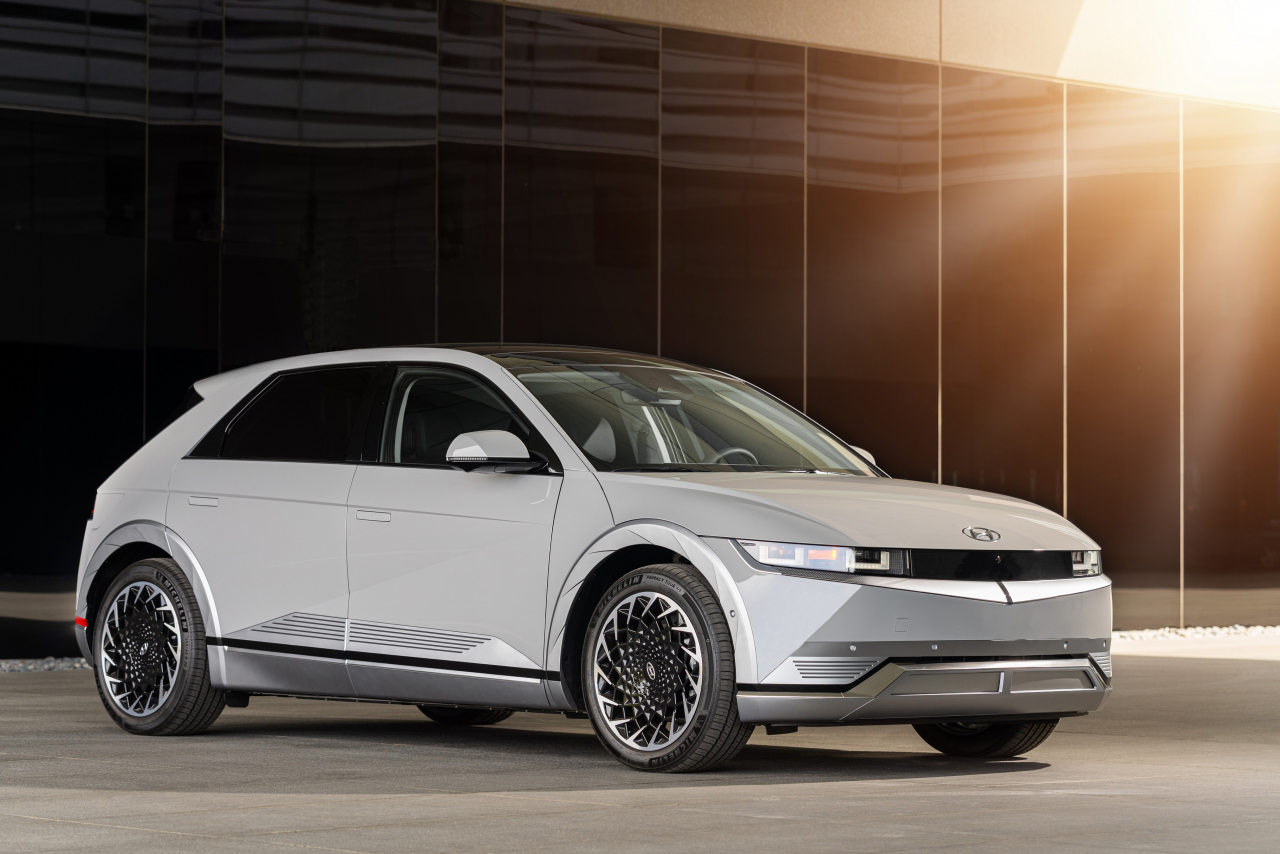
Amid the budding efforts to patch up the rocky relationship between South Korea and Japan, major Korean firms are expected to see momentum grow for the revival of their ailing Japan business.
Japan has long remained a graveyard for Korean companies, even for the most successful ones like Samsung Electronics and Hyundai Motor, because consumers there are known to prefer local brands and like Sony and Toyota -- who also happen to be Korean brands' archrivals in almost all sectors globally.
Over the past few years in particular, escalating diplomatic tensions have allowed little room for Korean companies to secure a footing in the tricky market.
But experts say a wind of change is blowing, even though it is in the very nascent stage. The latest reconciliatory development in bilateral ties comes as the nation’s big companies have been renewing their push into the Japanese market, slowly but surely.
Samsung
Samsung Electronics, the world's largest smartphone maker by shipment, has struggled to gain presence in Japan for years, even to the extent that it ditched its corporate name from its Galaxy smartphones sold in Japan in 2015. Since then it had promoted its phones under Galaxy Mobile for years.
But the tech giant recently decided to bring back the Samsung name, changing all the branding labels of its official site and social media accounts for Japan and in local offline stores there late last month.
“The Galaxy brand has gained more awareness in Japan than it had in the past. And it is our global strategy to promote the products with our corporate brand, so (the change in Japan) is part of our efforts to align the marketing strategy with our global business," a Samsung official told The Korea Herald, while stressing that the name change has nothing to do with Monday’s settlement made between the two countries.
Under the new branding strategy, the Samsung logo is expected to be engraved on devices of the new smartphone lineup Galaxy S23 to be launched in Japan in April.
Explaining how Samsung's market share has been growing over the past years, the official added that improvements in product performance and the introduction of foldable phones appear to be attracting Japanese consumers.
The strategic shift comes after its market share in the Japanese smartphone market almost doubled to 10.5 percent last year from 2017. The figure is still considered modest compared to Samsung’s No. 1 position globally. Last year, it sold the biggest number of smartphones in the world at 259.7 million units, making up the largest share of global sales at 21.7 percent.
In Japan, the largest smartphone maker is Apple, which had a whopping 56.1 percent market share last year.
"The latest agreement of the two governments would likely bring positive momentum for Korean companies, as the Korean culture is already well-received in Japan," said Hwang Yong-sik, professor of business administration at Sejong University.
"When the diplomatic dispute is resolved, it will positively affect the reputation of Korean companies to Japanese consumers, who are already open to Korean culture," he said.

Hyundai Motor
Hyundai Motor Group, which withdrew from the Japanese car market in 2009 due to lukewarm sales, has been hinting at a grand comeback to the market since last year.
“For the last 12 years, we have mulled over (ways to foray into Japan again,)” said Chang Jae-hoon, CEO of Hyundai Motor Group, during a press conference held in Tokyo, on Feb. 8, 2022. “The Japanese market gives us opportunities to learn and overcome challenges.”
The carmaker’s key strategy is to offer more diverse eco-friendly cars from the hydrogen-powered Nexo to the hot-selling Ioniq 5 full-electric compact in Japan, a country that is also making a big green push by replacing gasoline vehicles with battery-powered ones.
“We are making efforts to expand presence in the niche market of battery EVs in Japan,” said a Hyundai official on condition of anonymity. “Japan is considered a latecomer when it comes to battery-powered EVs as they poured more resources into hybrid vehicles in the early days.”
“The strategy has also seen some progress,” the official added, citing the company’s surprise win of the best import car of the year award last year. It was the first time a Korean automaker made it onto the Japan Car of the Year Award list.
As of last year, Hyundai’s market share in Japan came to 1.16 percent after selling the first batch of 526 units of Nexo and Ioniq 5. Among imported car brands, it took up 3.66 percent in the market.
“We are pushing online sales, targeting digital-savvy customers, especially younger generations who prefer e-commerce to visit brick-and-mortar stores,” said the official. It is also a more cost-effective strategy rather than operating a full-fledged business there, the official said.
Currently, Hyundai offers payment and shipment services for new car purchases via its website and mobile app. As part of efforts to strengthen its physical presence, the carmaker also set up a customer experience center in Yokohama to allow visitors to get consultations on its EV models.
Still, experts agree that Japan is a tough market for Hyundai.
“The Japanese car market is largely divided into two – one for their own car brands and another for luxury cars like Mercedes-Benz and BMW,” said Choi Young-suk, a car engineering professor at Sunmoon University. “The friendly ties between the two countries would affect Hyundai’s expansion plan positively, especially among its key target of younger drivers.”
The professor advised the carmaker to diversify its EV lineup and offer more localized models, saying the Ioniq 5 can be considered “too big” to run on the narrow roads and alleys in Japan.
Hyundai made a foray into the Japanese market in 2001, when the Korean drama “Winter Sonata” garnered huge traction there. Its annual sales once reached an all-time high of 2,524 units in 2004.





![[KH Explains] How should Korea adjust its trade defenses against Chinese EVs?](http://res.heraldm.com/phpwas/restmb_idxmake.php?idx=645&simg=/content/image/2024/04/15/20240415050562_0.jpg&u=20240415144419)